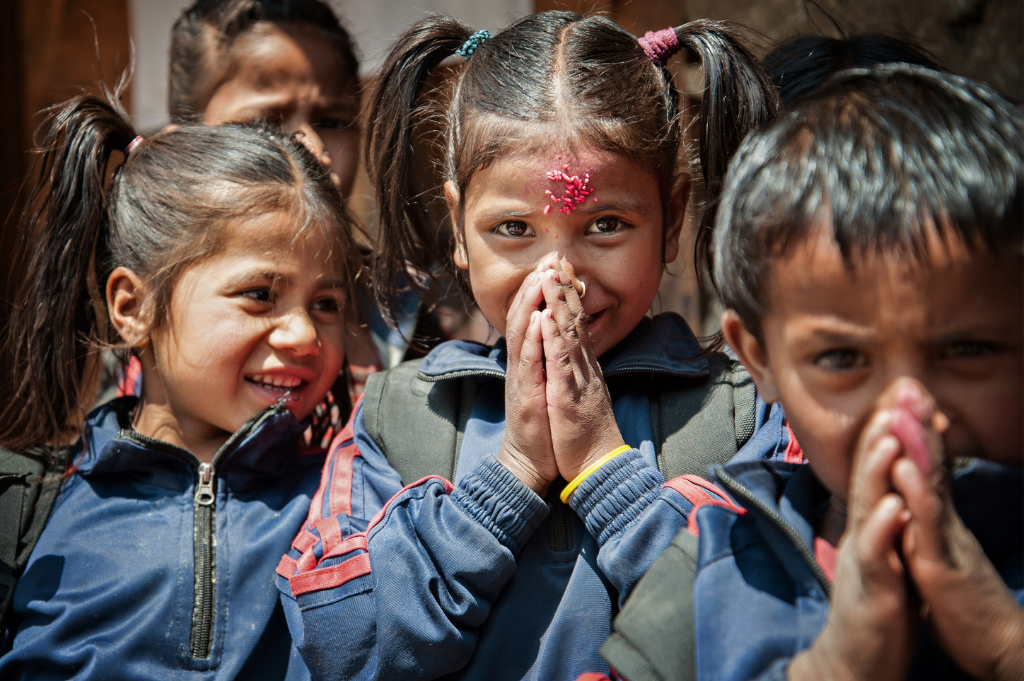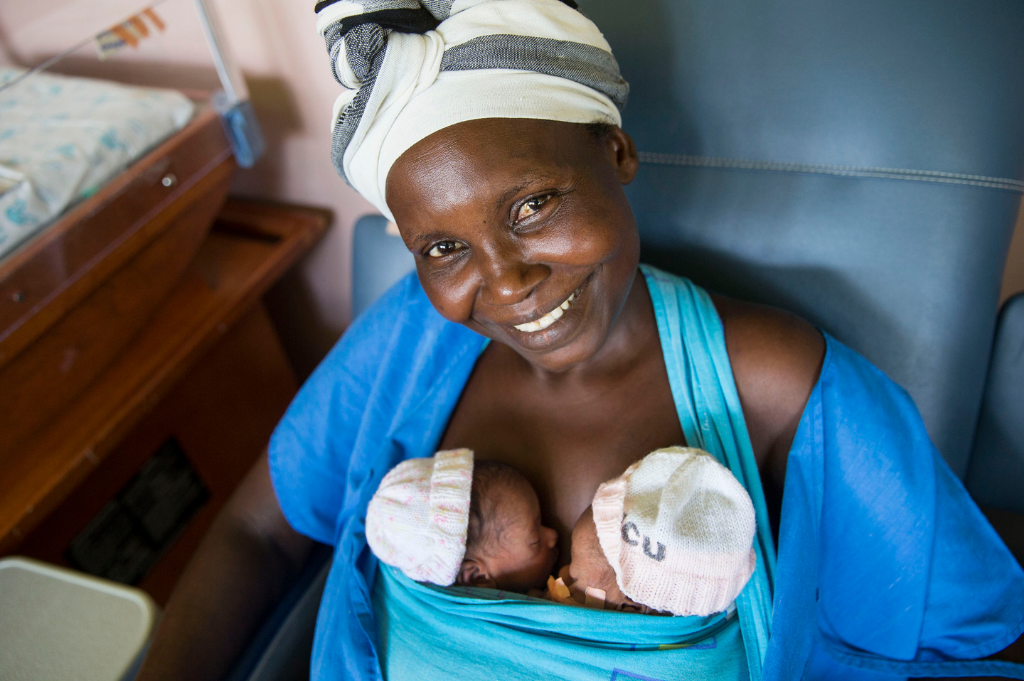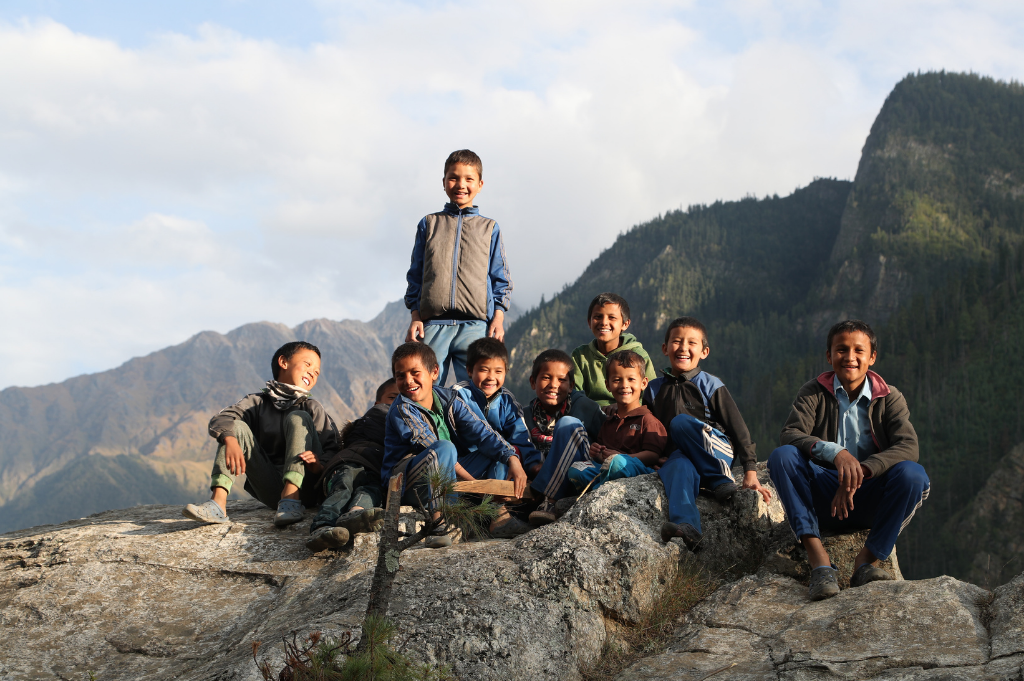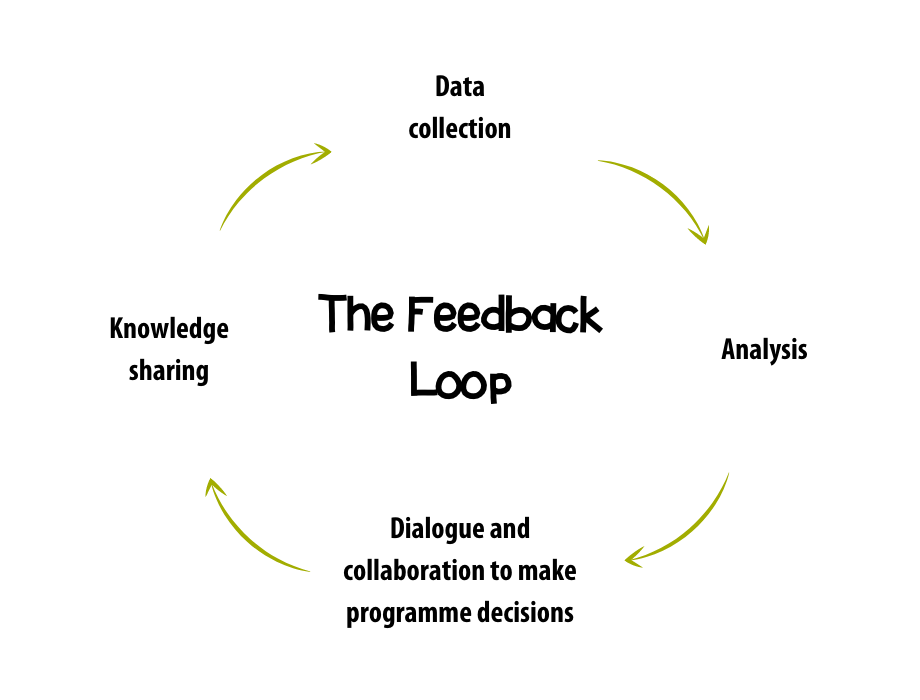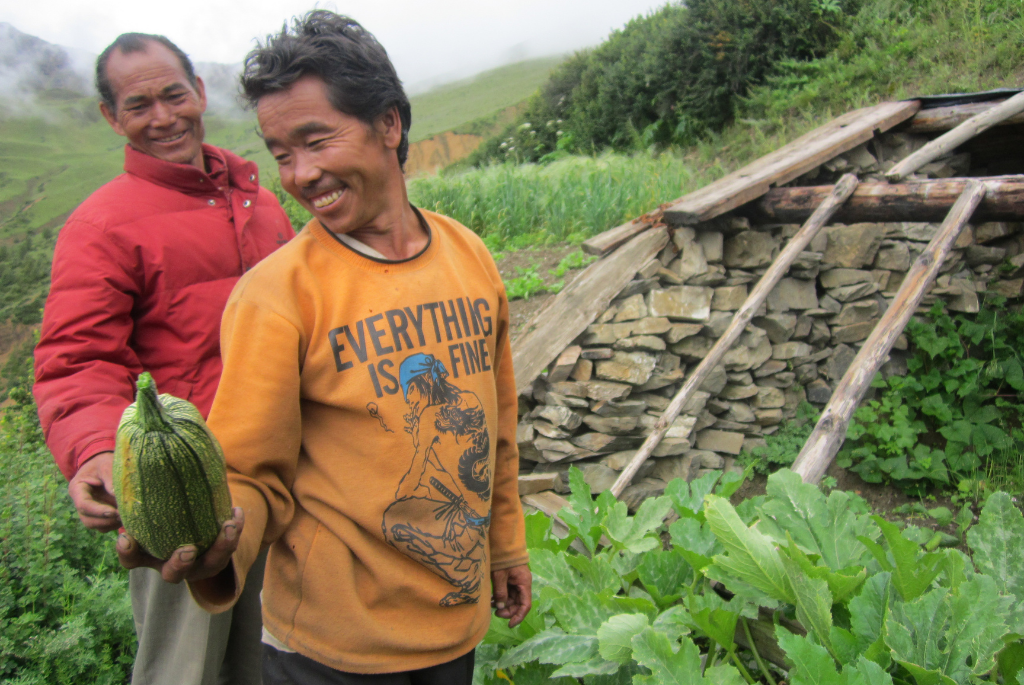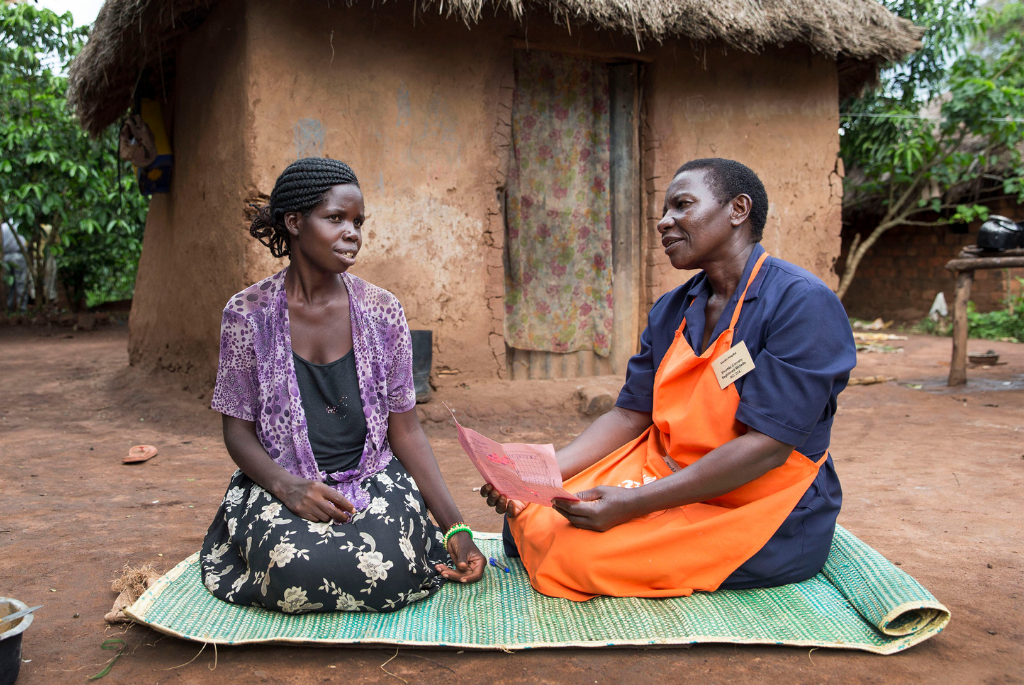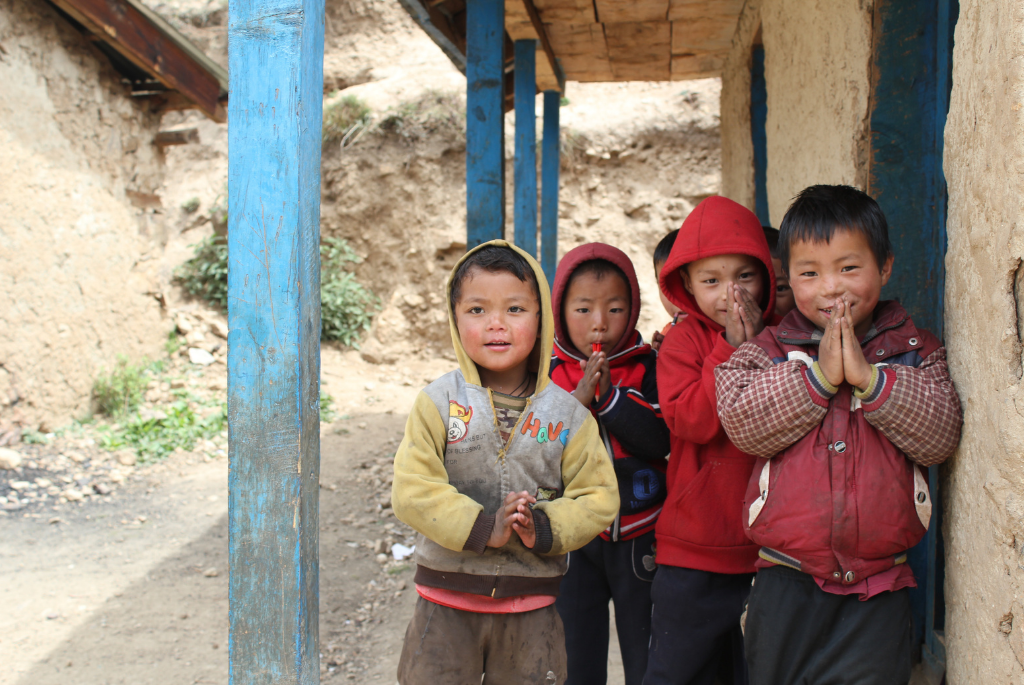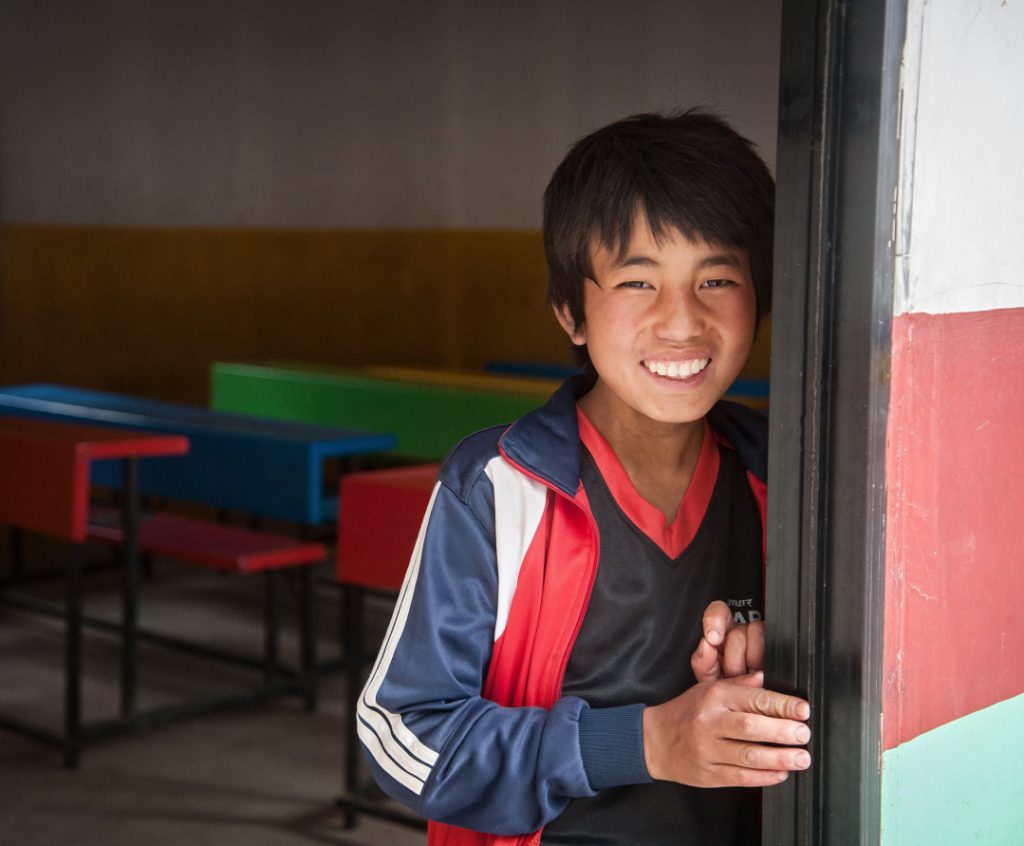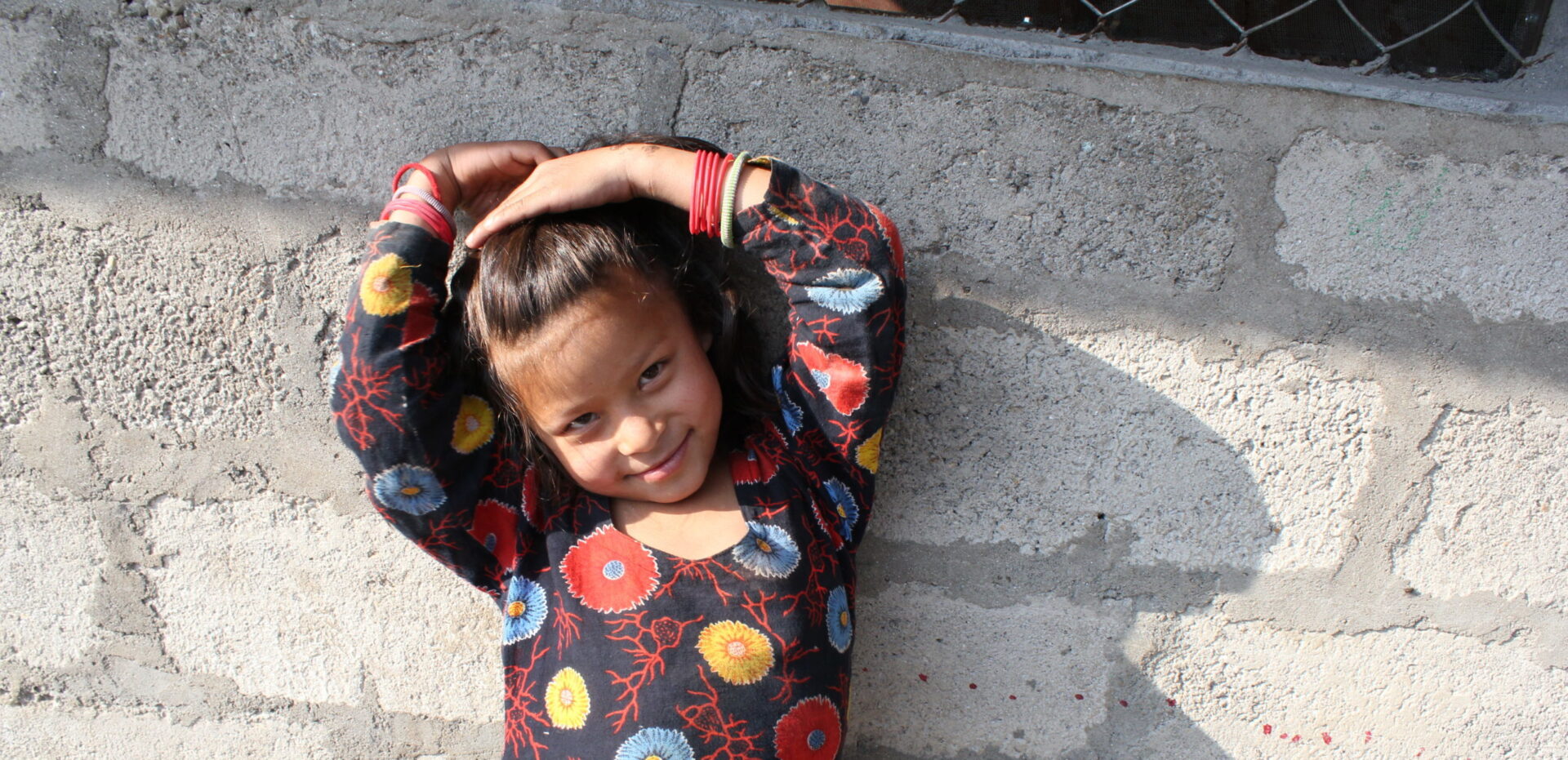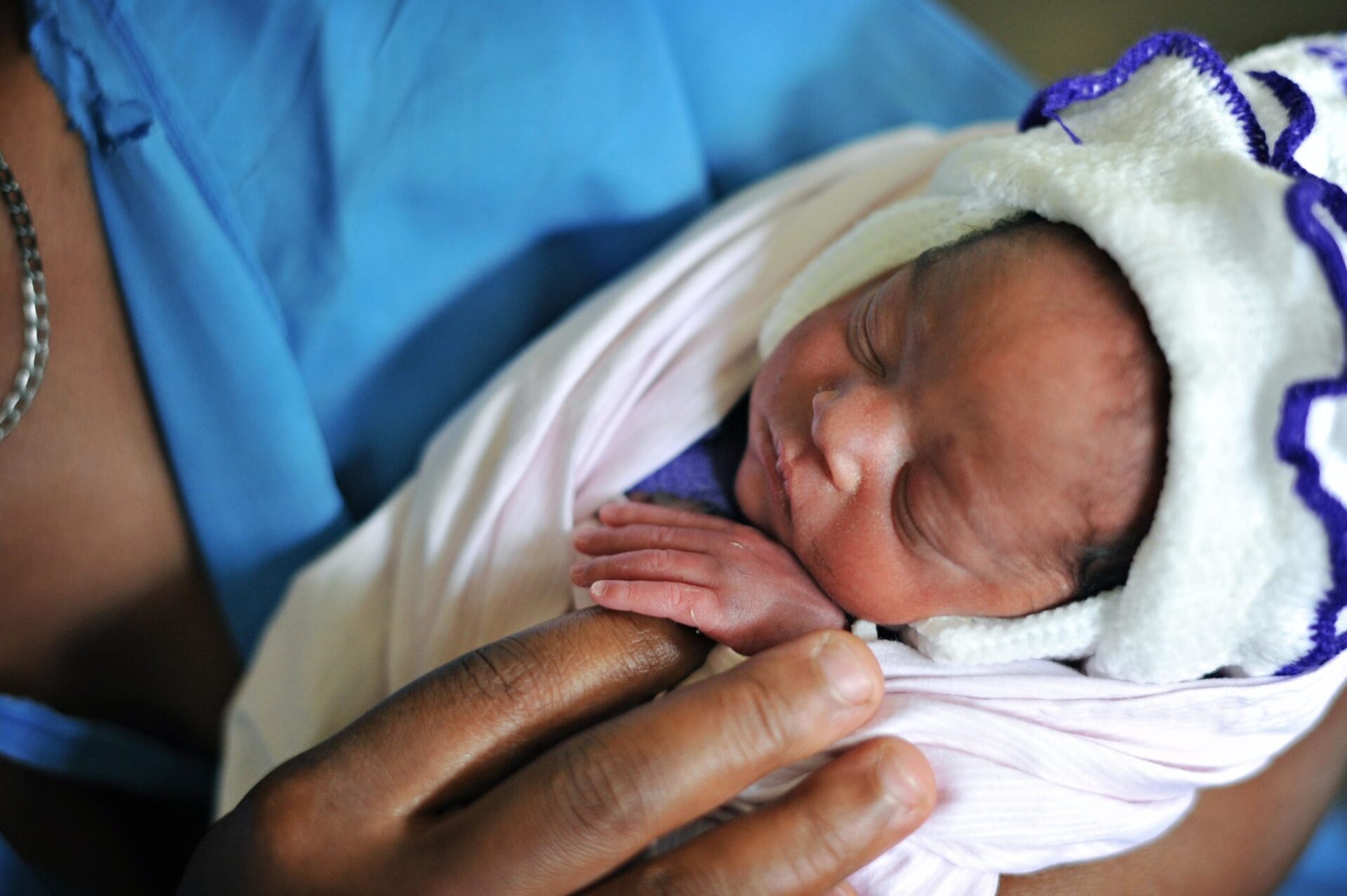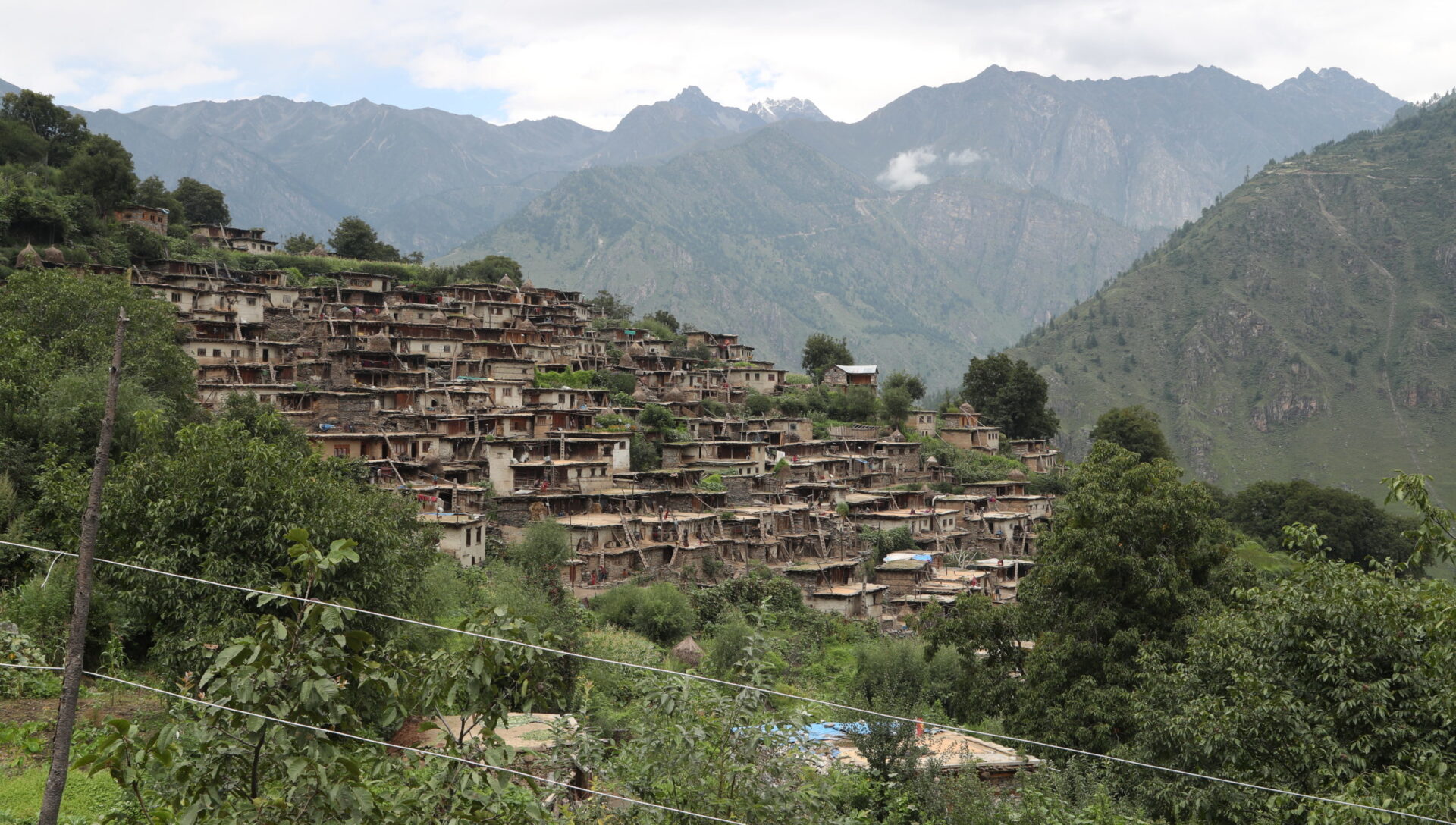We are committed to tracking our progress and monitoring each project to ensure we deliver best-practice service. This allows us to identify issues and trends in projects, inform national or global knowledge, advocate for programmes or approaches, contribute to research and demonstrate our impact to our community of supporters.
We collect and measure output, outcome and impact data so that everyone – from hospital administrators to programme managers – can make informed decisions that improve health and education outcomes.
We care about aligning our impact with achieving the Sustainable Development Goals.
Results at a glance
As of december 31, 2021
200,000+
people reached each year, plus countless others through knowledge sharing.
99.8%
survival for women admitted to the Kiwoko Hospital maternity ward.
3X
increase in students enrolled in Ghyangfedi since 2017.
What we care about
Maternal, Newborn & Child Health
Ending preventable stillbirths
Reduce the stillbirth rate.
There was a 30% decrease in the total number of stillbirths at Kiwoko Hospital between 2019 and 2021.
Ensuring small and sick newborns thrive
Increase the proportion of newborns with access to timely and quality follow-up and early intervention services.
97% of babies discharged from the Kiwoko Hospital neonatal unit unit into Adara’s Hospital to Home programme received at least one at home follow-up visit in 2021.
Ending preventable maternal deaths
Reduce the maternal mortality rate.
Maternal survival in the Kiwoko Hospital maternity unit was 99.8% in 2021.
Improving quality of antenatal care
Increase the proportion of women who received four high-quality antenatal visits.
Since 2012, antenatal appointments have increased by an average annual rate of 23% at Kiwoko Hospital.
Ending preventable newborn deaths
Reduce the neonatal mortality rate.
87% of all infants requiring care in Kiwoko Hospital’s neonatal unit survived in 2021, up from 77% in 2005.
Ensuring skilled assistance at birth
Increase the proportion of women receiving quality, timely and respectful intrapartum care from a skilled provider.
The number of women delivering in the Kiwoko Hospital maternity unit increased by an annual average rate of 25% between 2010-2021.
Supporting women to breastfeed
Increase rates of early breastfeeding in the first hour after birth, and exclusive breastfeeding at six months.
85% of women who delivered at Kiwoko Hospital initiated breastfeeding in the first hour after birth in 2021, compared with 78% in 2018.
Reducing the burden of vaccine-preventable diseases
Increase childhood vaccination rates.
Since 2012, the number of children immunised has increased by an average annual rate of 25% at Kiwoko Hospital.
Protecting adolescents from parenthood
Increase the proportion of adolescents with access to sexual and reproductive health education and services, and reduce the adolescent birth rate.
The adolescent birth rate at Kiwoko Hospital decreased from 18% in 2017, to 12% in 2021.
Amplifying what works
Increase Adara’s knowledge-sharing capacity to allow others to take our tested and effective solutions to scale.
Adara is sharing our best ideas, like Hospital to Home and Adara Newborn, with others.
remote community development
No child out of school
Increase the proportion of children enrolled, attending and retained in education, and eliminate gender disparities in education.
Student enrolments in Ghyangfedi have nearly tripled, increasing from 235 in 2017 to 608 at the end of 2021.
Improving educational outcomes
Improve quality of education to increase the proportion of children and young adults who achieve literacy and numeracy.
100% of students in Adara-supported schools in Nepal passed their Secondary Education Examination in 2021.
Protecting child rights
End child trafficking, child marriage and child labour through improving quality of education and other services in remote communities.
251 students in Humla attended education sessions on child trafficking and child marriage in 2021.
Improving equitable access to food
Reduce the prevalence of food insecurity for remote communities through agriculture interventions.
There has been an 861% increase in the number of households Adara supports with a greenhouse between 2010 to 2021.
Improving equitable access to health services
Improve access to quality health services in remote communities.
Through health posts, traditional Tibetan medicine services, emergency medical assistance and health partners, Adara provided 12,740 medical services, an increase of 228% between 2013 and 2021.
Helping every child to thrive
Reduce the prevalence of stunting, underweight and wasting in remote communities.
Students received midday meals at two Adara-supported schools in 2021.
Improving access to water and sanitation
Ensure every household has access to water and sanitation in remote communities.
Adara reached 100% coverage of water supply in target villages in 2020. We have now began expanding to three new villages.
Amplifying what works
Increase Adara’s knowledge sharing capacity to allow others to take our tested and effective solutions to scale.
Adara is sharing our best ideas with others, including working to reduce child trafficking on a national scale through training and awareness raising.
Our Monitoring & Evaluation Approach
By integrating monitoring and evaluation into programme design, we can maintain continual ‘feedback loops’. This provides us with regular insights on progress, while alerting us to any emerging issues to keep our programmes on track.
We are committed to sharing our successes and our mistakes with others as part of our knowledge sharing stream of work.
Join us
…to bring quality health and education services to people living in some of the world’s remotest places.
add stories of impact to your inbox
